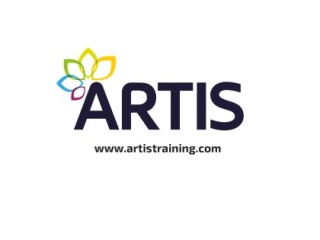
This is a temporary page while a new ARTIS Training website is created. For any enquiries about ARTIS training courses, please email artistraining [at] niab.com
The Nematicide Stewardship e-learning course can be found on NIAB's digital training platform here. Please create a new account to access the course

